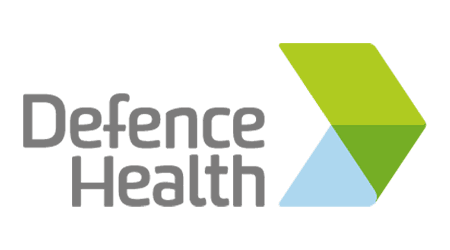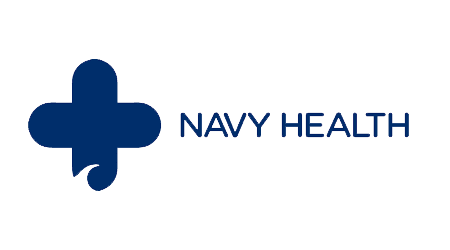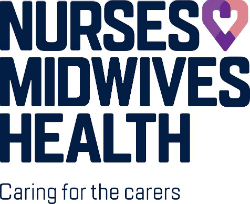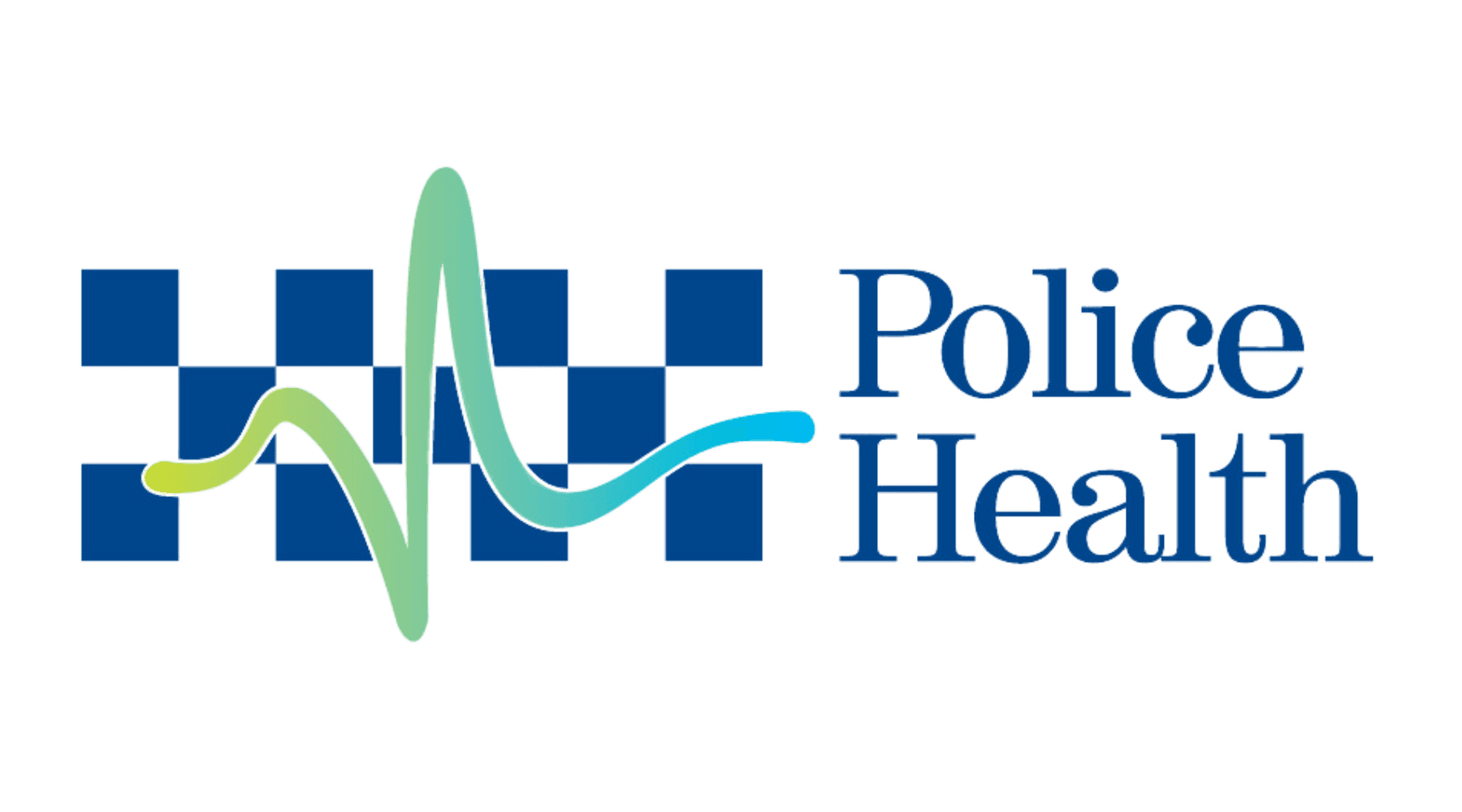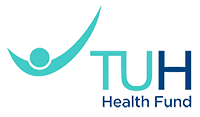Key takeaways
- Restricted funds are a closed club - only people in specific industries can join.
- They sometimes offer better value for money than open funds, but not always.
- All restricted funds are run as not-for-profit health funds.
List of restricted funds in Australia
The table below lays out the current restricted funds in Australia and their joining rules.
Are restricted funds worth it?
Maybe, but not always. Like all not for profit health funds, restricted funds are run solely for the benefit of members, so all profits are returned to the fund in the form of lower premiums.
Despite that, premiums aren't always the cheapest in the market. The for-profit companies have big marketing and member acquisition budgets, so they can often justify more generous prices and sign-up offers.
Of course, there are other reasons to join a fund that's associated with a particular industry or union. The fund may be able to offer specific benefits that make sense for your specific lifestyle, as well as offer more back on certain extras or hospital treatments. You also might just be ideologically inclined to go with a not-for-profit, restricted fund.
The pros and cons of a restricted health fund
Pros of restricted health funds
- They're run for members. All profits are returned to the fund, usually in the form of cheaper premiums or better policies with more benefits.
- Terms and conditions can be more flexible. For example, with Navy Health, waiting period and pre-existing health condition rules are waived if you join within 90 days of being discharged from the ADF.
- Family members can join too. Restricted health funds are generally open to your family members as well.
Cons of restricted health funds
- Because they're generally smaller, restricted health funds sometimes have a narrower range of policies.
- They may not have as many arrangements with Doctors and Allied Health professionals to reduce the gap for members.
- There's not blanket rule that restricted funds will be cheaper.
Final things you might want to know
Some points to bear in mind when comparing restricted and open funds:
- Most restricted funds are open to family members, but this may be limited to immediate family (spouse and dependent children)
- Previous employment in an industry can encompass a number of years (you may still be eligible to join restricted funds, even though you have not worked in an industry for some time)
- Belonging to a restricted health fund may also give you access to other member only benefits such as industry super and life insurance
- Price should not be the only consideration when looking at restricted funds. It is also important to ensure that the level of cover being offered is adequate for your needs
Frequently asked questions
Sources
Ask a question
More guides on Finder
-
Compare Extras Cover
Extras health insurance comes in hundreds of varieties...literally. Learn more and compare extras cover from dozens of providers before you buy.
-
Best health insurance Australia
Our experts compared 40+ funds and analysed hundreds of policies to help you find the best health insurance.
-
Health insurance waiting periods
It's not possible to skip waiting periods for health insurance but there are exceptions.
-
NT Health Insurance
Read our guide to health insurance and health funds specific to residents of the Northern Territory.
-
Health Insurance South Australia
Read our guide to health insurance for people living in South Australia.
-
Health Insurance Tasmania
Guide to finding health insurance for those living in Tasmania.
-
Health insurance deals and offers for February 2026
Find out about the latest health insurance deals and special promotions.
-
Health Insurance Queensland
Start your search today to find a Queensland health fund that offers value for money and the cover you need.
-
Health Insurance WA
Check out our list of the most popular health funds in WA and see how private health cover costs in WA compare with the rest of the country.
-
Cheap health insurance – 5 expert picks
Learn how to get cheap health insurance and what you can expect for your money.


